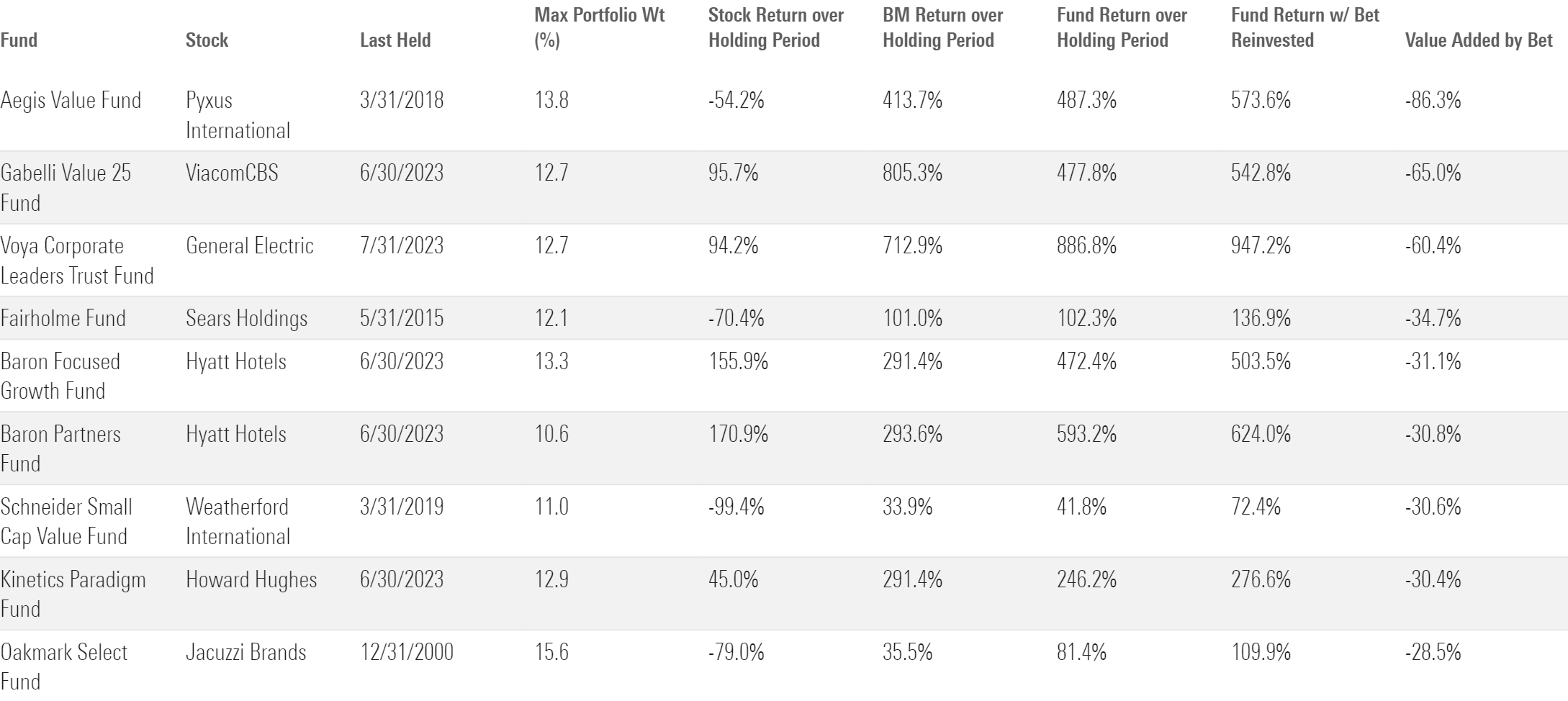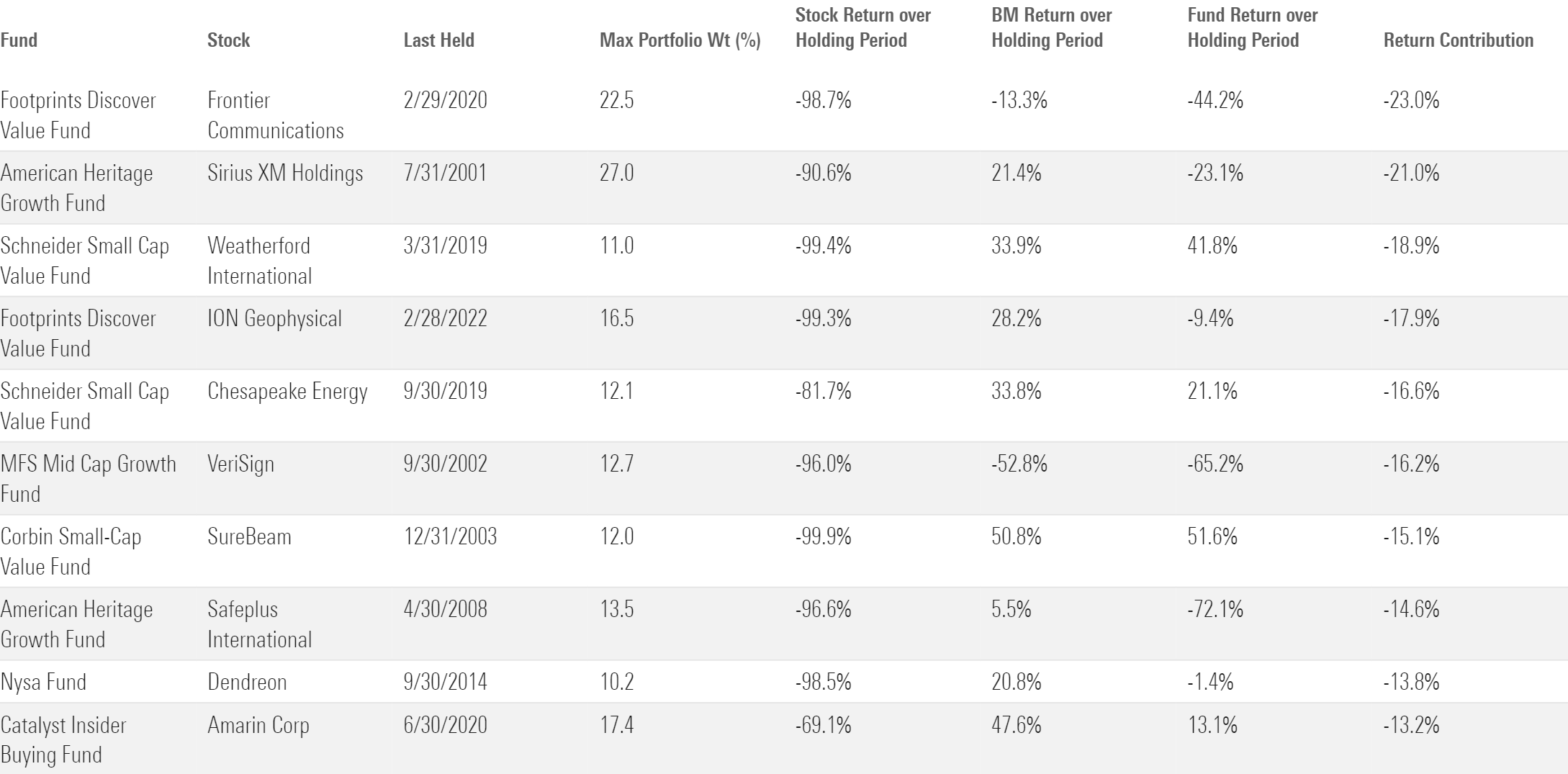Market Volatility and Economic Cycles
Market volatility is an inherent characteristic of financial markets that reflects the collective uncertainty and changing expectations of market participants. Understanding economic cycles and their impact on different asset classes enables investors to make more strategic allocation decisions during various market phases.
Economic indicators such as inflation rates, employment data, GDP growth, and central bank policies provide valuable insights into market direction. Experienced investors learn to interpret these signals and adjust their strategies accordingly, recognizing that market cycles are natural phenomena that create both challenges and opportunities for wealth creation.



